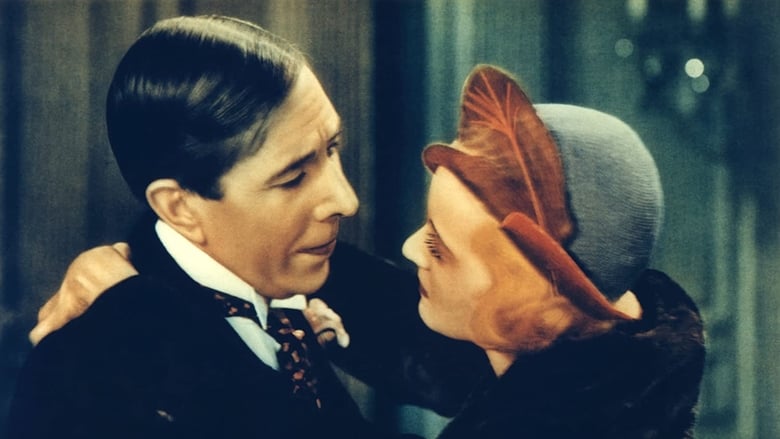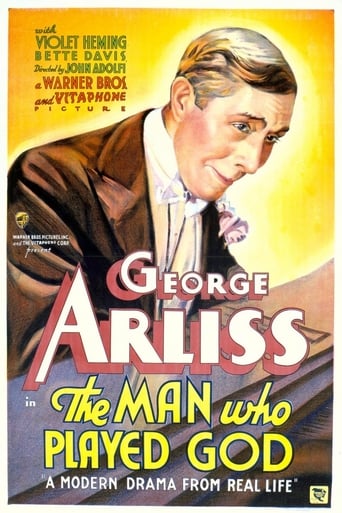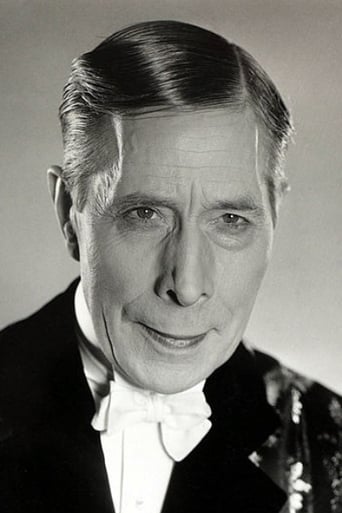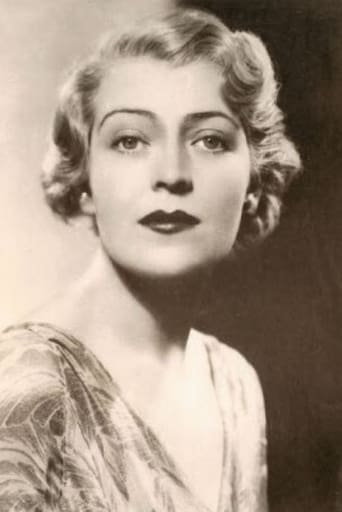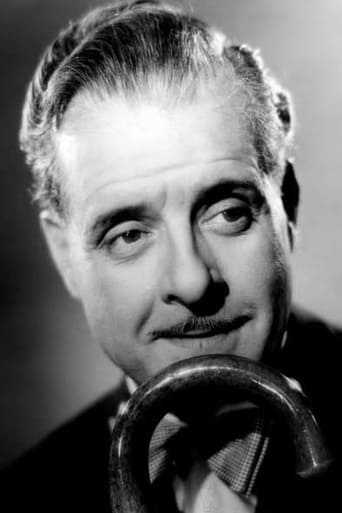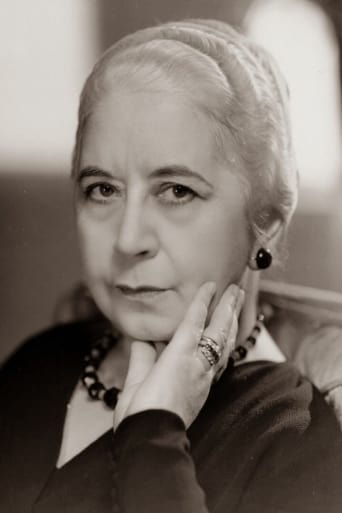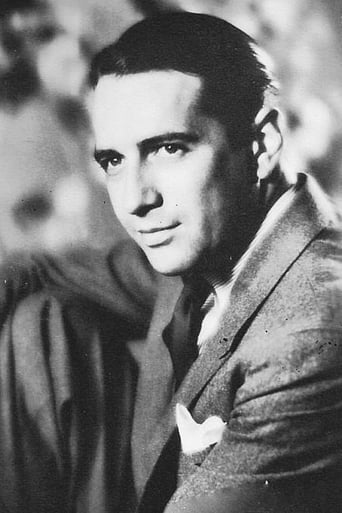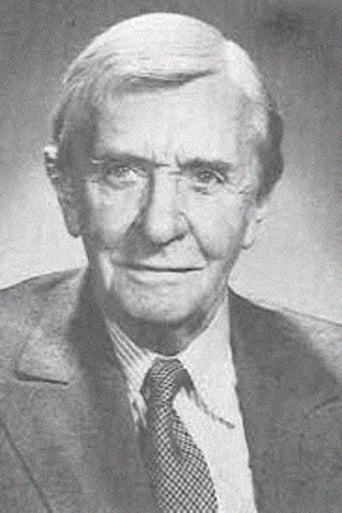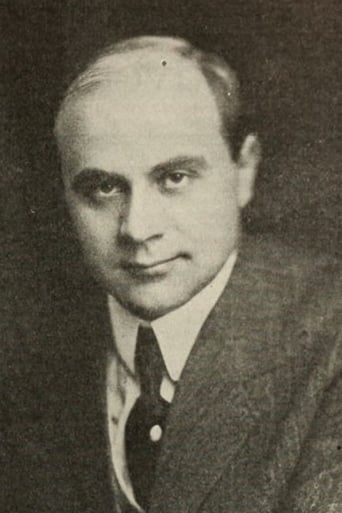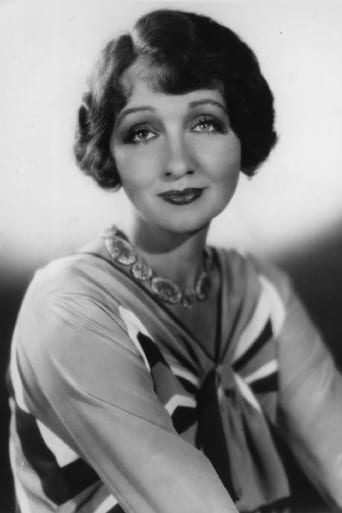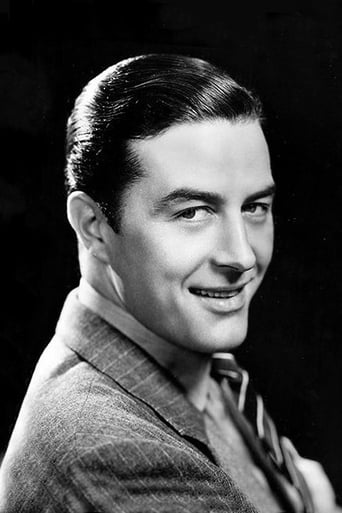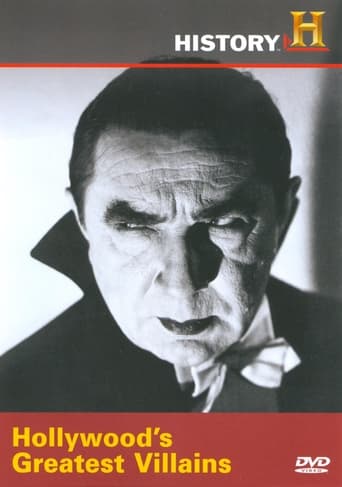While giving a private performance for a visiting monarch, concert pianist Montgomery Royale is deafened when a bomb is detonated in an attempt to assassinate the foreign ruler. With his career over as a result of his injury, Royale returns to New York City with his sister Florence, close friend Mildred Miller, and considerably younger fiancée Grace Blair. After abandoning thoughts of suicide, Montgomery discovers he can lip read, and he spends his days observing people in Central Park from his apartment window. As he learns of people's problems, he tries to help them anonymously. He becomes absorbed in his game of "playing God" but his actions are without sincerity.
Similar titles
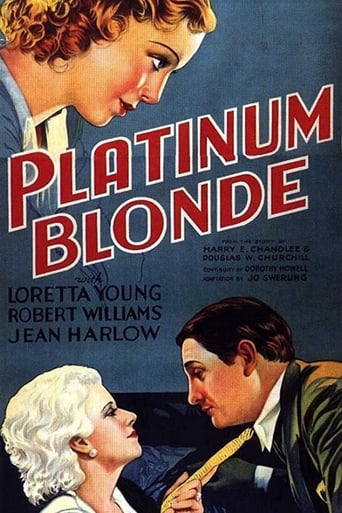
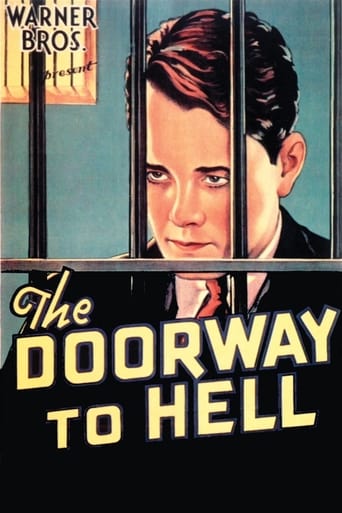
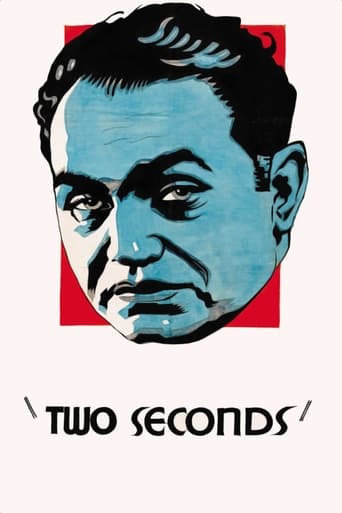
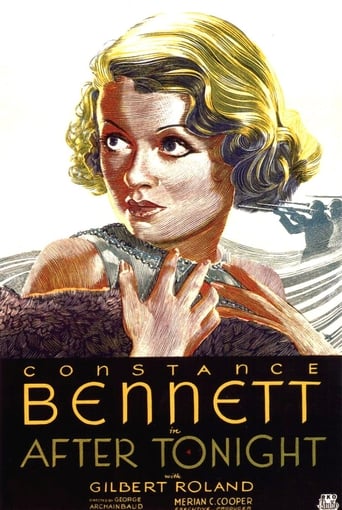
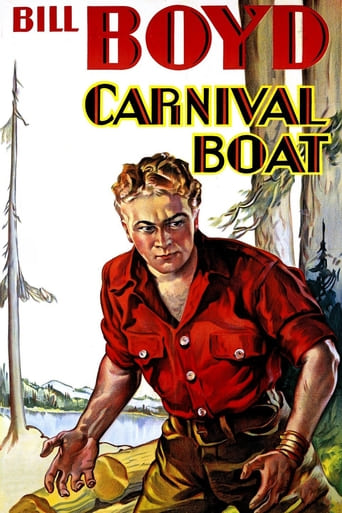
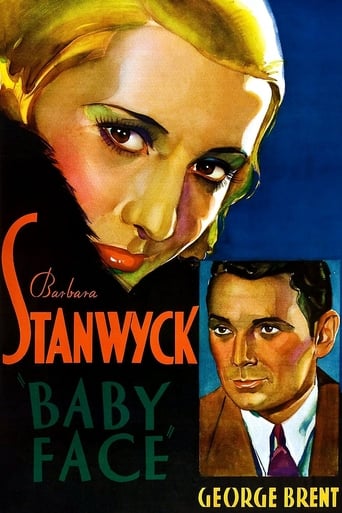
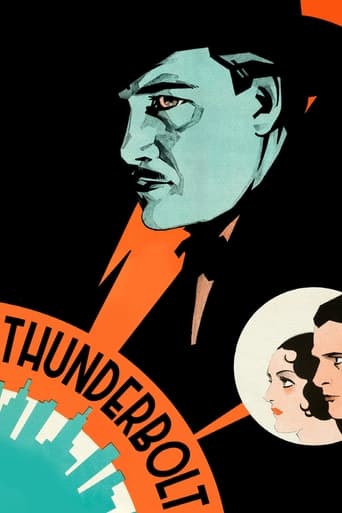
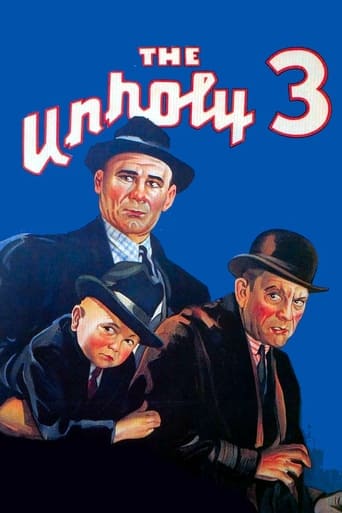

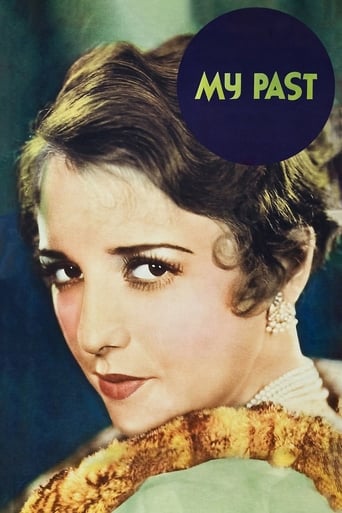
You May Also Like
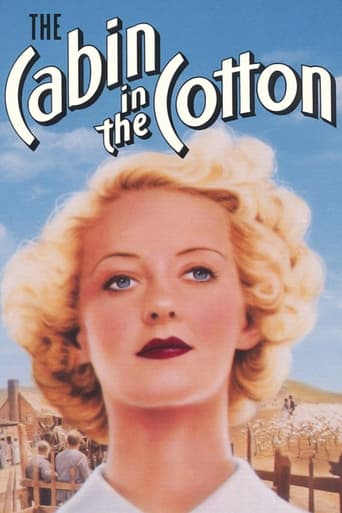
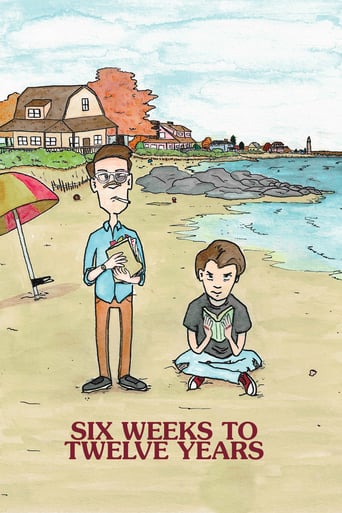
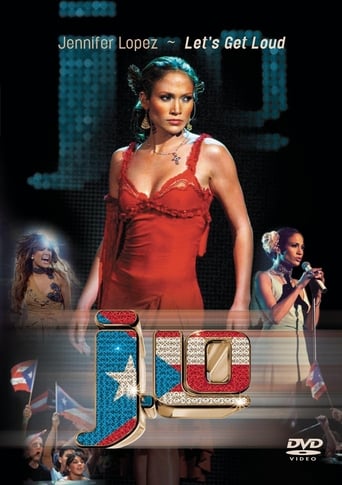

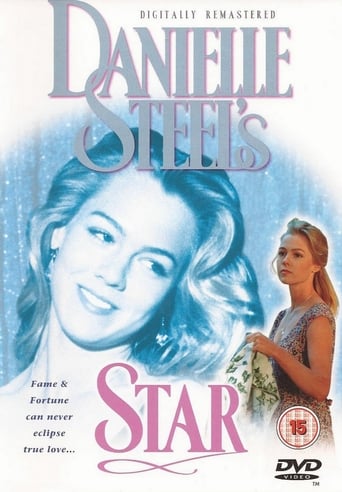




Reviews
Waste of time
Too much of everything
Although it has its amusing moments, in eneral the plot does not convince.
The film never slows down or bores, plunging from one harrowing sequence to the next.
In "The Man Who Played God" the venerable George Arliss plays a famous and sweet-natured concert pianist who must cope with catastrophic hearing loss. There are two male-female romantic love subplots, but the story is essentially about philosophical and moral issues. The movie is best remembered not for Arliss, who was the main attraction, but for a supporting role beautifully played by the future screen queen Bette Davis, who for the most part is also very well photographed by James Van Trees, enhancing her unique presence. Amusingly, Mordaunt Hall of The New York Times in his review of the film faulted her for speaking "too rapidly for the microphone." But Arliss himself, as an artist suddenly forced to reconstruct his whole approach to life, is sympathetic and compelling despite the lipstick he habitually wore, in the style of many male actors of that time. He is ably supported by a thoroughly winning cast including Violet Heming, Ivan Simpson, Louise Closser Hale in an uncharacteristically non-dour role as the pianist's loving, intelligent and supportive sister, and even a very young Ray Milland as half of a distressed young couple whose desperate utterances are deciphered from afar by Arliss with the aid of binoculars and freshly acquired lip-reading skills. The studio-created ambiance of bustling city streets, whether "Paris" or "New York," is less phony looking than the usual replications thanks to careful lighting and well-planned camera angles.
THE MAN WHO PLAYED GOD (Warner Brothers, 1932), directed by John G. Adolfi, from a short story by Gouverneur Morris, stars Academy Award winning actor of 1929s DISRAELI, Mr. George Arliss, in a remake to his 1922 silent screen adaptation. Essentially a showcase for the prestigious Arliss in what might have been just another movie assignment to his credit, it's best known as the motion picture responsible for the advancement of Bette Davis in her first important screen role, following her start at Universal in 1931, thus the beginning of her long association at the Warner studio where she would become its major star attraction before the end of the decade.Of the George Arliss films in circulation and video today, THE MAN WHO PLAYED GOD holds up remarkably well mainly due to its theme and timely message that never really grows out of date, overlooking the fact that such a story echoes passages from the Holy Bible ("A man who has never suffered has never lived," "If you kill yourself, you'll suffer ten thousand times more" or the age old question, "If God is so merciful, how could he allow this to happen to me?") preached during Sunday services. The title has nothing to do with a actor starring in a religious play, but in fact, about a man whose life becomes an "empty shell" only to change from being a troubled soul after losing his hearing to forgetting his bitterness by helping others. While much of the Arliss movies produced at Warners during the early 1930s were extremely popular, most consist of too much dialog and lack of motion to stir up interest. THE MAN WHO PLAYED GOD is one of those few that doesn't fall into that category thanks to its fine direction, screenplay and supporting players.The story opens in Paris where 50-year-old Montgomery Royal (George Arliss), a concert pianist, engaged to his protégé, Grace Blaine (Bette Davis), a girl more than half his age, agrees to give a private backstage recital for a monarch. During a performance, an anarchist, intending to assassinate the King (Andre Luguet), explodes a bomb. While everyone has escaped injury, Monty becomes stone deaf. Monte returns to his New York City apartment where he finds it difficult to adjust to his world of silence. He becomes bitter, hating God to a point of canceling his order for an organ he was going to donate to a church in memory of his deaf and religious mother, Margaret Ruth Royal. Without the ability to hear what's precious to him, his music, and becomes an embittered recluse. Coming to the point of suicide by nearly jumping from the window, his loyal butler Battle (Ivan Simpson) saves him in time from eternal suffering by offering him something to occupy his time. Having been taught lip reading, he takes binoculars to spy on people across the street in Central Park, reads their lips, learning of their troubles, and becoming a sort of guardian angel in helping those in desperate need without revealing himself. Finding he now has a purpose in life, he must face another greater challenge involving the loyalty of young Grace.The supporting cast consists Donald Cook as Harold Van Adam; Louise Closser Hale as Monty's sister, Florence; Oscar Apfel as the Lip Reading Teacher; Paul Porcasi as the Concert Manager; with Hedda Hopper, Murray Kinnell and the unbilled Ray Milland. Of the supporting players, second billed Violet Heming appears to be the least familiar, yet in a role that nearly surpasses the one given by Bette Davis. Her sophisticated mannerisms come close to that of the better known Verree Teasdale, as a widow who secretly loves Monty, in spite of his engagement to another. The Bette Davis trademark is not too much evident at this point, in fact, having the make-up department giving Davis the Constance Bennett manner. Davis would be paired with Arliss one more time in the rarely seen comedy, THE WORKING MAN (1933).In the midst of horror melodramas, gangsters and pre-code sex dramas playing in theaters at the height of the great depression, THE MAN WHO PLAYED GOD comes as a sort of inspirational drama that offers hope to those who have given up on life, with the moral of the story being, "The Lord works in mysterious ways." Remade by Warners as SINCERELY YOURS (1955) with TV personality Liberace in the role originated by Arliss, whose piano playing served him better than his acting, the latest screen adaptation, that should have improved over the old, didn't, making this 1932 version the one worth viewing. THE MAN WHO PLAYED GOD, which has never been distributed to video cassette or DVD, can be seen on Turner Classic Movies. (***)
(Some Spoilers) Undoubtedly the best of the half dozen or so versions of the film released over the years which included the 1955 Liberace soap opera "Sincerely Yours". The movie "The Man Who Played God" is about how a person who knew nothing but success all his life being forced to see the world the way the vast majority of people see it,cold cruel and unfeeling. As well as have his faith in God and himself tested to the fullest extent possible. Born into money and a world renowned concert pianist Monty Royle has never had a bad thing happen to him in all his fifty years. Having his young and pretty music student Grace Blair fall in love with him Monty tells her that if she still feels the same way about him six months hence as she does now he'll marry her. Later after an exhilarating concert at the Paris Music Hall, which brought the roof down, Monty is about to give a private performance to a European monarch when a group of terrorists, from the Kings country, detonates a bomb that causes a massive explosion outside the hall. Monty completely loses his hearing and quickly falls into a deep depression knowing that the music that he plays and loves so much, that's his only reason for living, will never be played or heard or him again. Back home in New York Monty's depression gets more and more acute and even being taught to lip-read by Dr. Charles E. Adams can't make up for his not being able to hear his beautiful music. It's then that the thought of killing himself enters Monty's head.Attempting to jump out of a window in his suite of apartments Monty is saved from killing himself by his loyal and dedicated butler Battle. Told by Battle what a sniveling coward he his by him trying to do himself in Monty tries to pull himself together as he later starts to become somewhat of a voyeur. Watching the world go by from his porch and patio window overlooking New York's Central Park.It's then when Monty comes up with this idea of reading the lips, through high powered binoculars, of the people milling in and around the park.Finding out about peoples problems and then helping them out from a distance gave Monty the feeling that he was working at the right hand of God and doing God's work for the good of all Mankind. Egotistical yes But Monty's obsession did help the people that he spied upon with money to help them out of their depressing situations in life. In one case he even prevented a couple whom the man, who was about to be arrested for embezzlement, from committing suicide. When Battle came to their rescue by paying back the stolen money, just in the nick of time, before they swallowed a poison cocktail.All this time Mildred Miller who carried a torch for Monty for years knew that Grace had fallen in love with Harold but couldn't bring herself to tell Monty since she felt that it would kill him if she did. Monty later seeing Grace and Harold, who just came back from Pasadena with his binoculars outside in the park. And to the objection of Mildred, who was with him by the window, reads Grace and Harold's lips and realizes that she's not in love with him anymore she's really in love with Harold.Monty now has the biggest decision of his life to make: keep Grace from marrying Harold, whom she's in love with, or letting her guilt-feelings about poor Monty take over her mind and have her marry him. Monty sets Grace free from the emotional tie thats between her and him by letting her know that it's all right to follow her heart and marry Harold and that he'll do nothing to stand in Grace's way. Fine movie about faith in God and in one's own ability to see things through and let the chips fall where they may no matter what the consequences turn out to be. At the start of the move "The Man Who Played God" Monty was interrupted in giving a performance to a king that cost him his hearing. When the movie ended Monty gave the greatest performance of his life at the at the quaint little Manhattan church that his late mother, Margrate Ruth Royal, attended all her life and that he donated the new church organ in her memory. Alone with only Mildred in attendance Monty gave the opening performance of the new church organ not to just any king mind you but to the King of Kings himself.
In 1932 many actors were still rather new to sound pictures and the great majority of them were theatre trained and while some would stay on in Hollywood, many would return to the stage to stay. Bette Davis was a young actress in the midst of making that decision to aty in Hollywood or return to New York and the stage. She had made several low buget pictures, but things just were not clicking for her. The success of this movie and the attention she received convinced her to stay on and make movies and we are all thankful for that. George Arliss was a grand old man of the stage and his artistry is well portrayed here. His makeup is a little heavy, making him look a little like the Phantom of The Opera with lipstick and darkened nostrils, but soon you get beyond that. The acting is almost strictly stage-style here, this MUST have been a play before it was filmed. The blocking and angles of the actors and the way they seem to talk "at" each other rather than to each other shows the stage acting. Great story, nice escapism... who wouldnt like to help others? We can do that through George Arliss in this movie.
Top Streaming Movies











